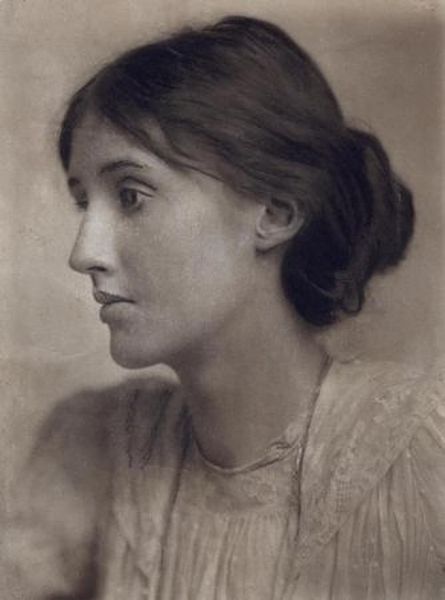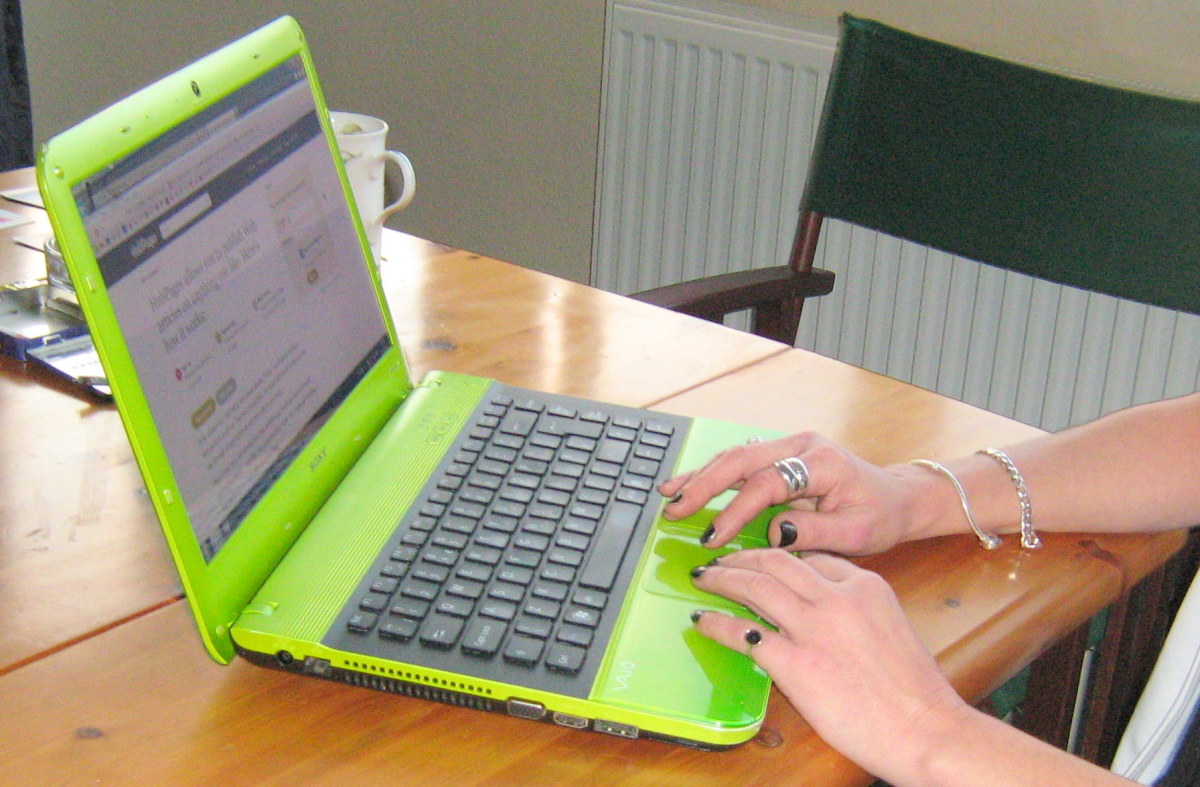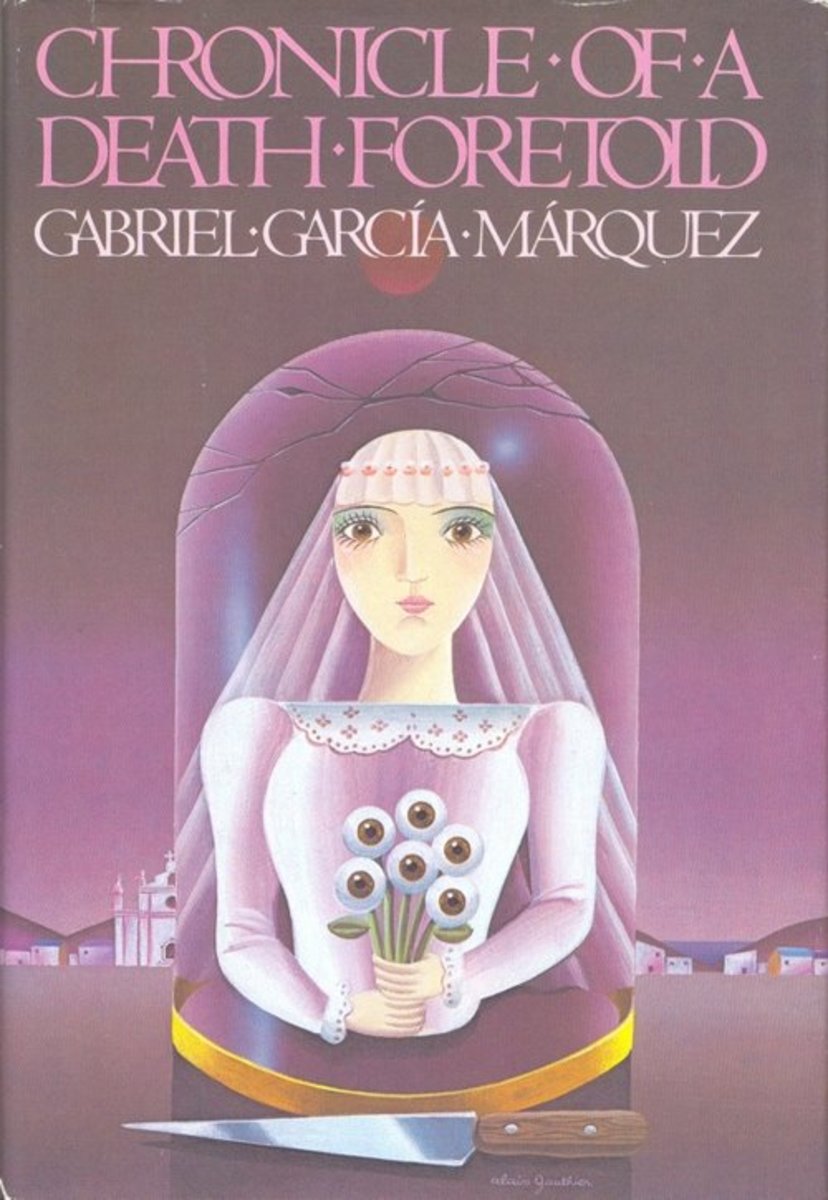Perspective: Virginia Woolf- A Room of One's Own

Originally, I thought a male writer doing a review of Woolf’s feminist iconic extended essay on “Women and Fiction” would be a worthwhile perspective. Thanks to Woolf’s rather deceptively genteel and tough-minded approach to the subject, it’s now more of a humanist perspective, and definitely not a review.
I had absolutely no preconceived views about Woolf. I barely even knew about her iconic feminist status. Not that I would have cared if I had. Feminism is only a bugbear to the male primitives, not to those of us who recognized our mothers as human beings and our girlfriends as people.
A Room of One’s Own (1928) was originally intended to be two papers for addresses to the Arts Society Newnham and the Odtaa in Girton on the subject of “Women and Fiction”, according to the book’s notes. They were too long for a spoken address, and the book was written to create a single piece. It’s quite an insight into a range of issues for writers. How to speak the way you write, for example, is no easy task. Given the sheer size of this subject, A Room of One’s Own is a major opus in the form of a small book.
Woolf is an English female writer. That, for those who don’t know, means a potentially incredibly good writer, almost by definition. She’s from a generation of exceptionally good writers, too. She’s a modernist and she has the shredding wit of Dorothy Parker, if you know where to look for it. Her usage is the real English literary form, which includes extended sentences and tangential use of information, not the pathetic, primary school “cat sat on the mat” rubbish. She uses passive voice freely, in context, and is a good example of the sheer depth of insight useful writers should emulate.
She’s not a misanthrope. She refers to many misogynists in A Room of One’s Own; including some of the most appallingly ignorant anti-female statements I think I’ve ever read by anything claiming to have an intellect. These pitiful dribblings deserve every bit of vitriol thrown at them, and more. Woolf, however, stays on topic and simply uses these long-and-justly-forgotten vermin to illustrate her points.
She is highly empathic. Her research goes back to Tudor times and even invents “Judith Shakespeare”, as William’s sister, and her likely experiences trying to write on the same plane as her brother. She tries hard to understand the weird history of female literature and some of its more conspicuous characters, at least one of whom was considered a virtual witch for her “distractions”, as the old term was for inspiration outside the mundane. Our time calls it “weird” when anyone isn’t obsessed with the banal. Jane Austen apparently actually hid her manuscript of Pride and Prejudice from everyone to avoid the stigma of being thought of as a female writer, which seems to have been some sort of social crime back then.
Even the idea of A Room of One’s Own as a metaphor has great significance defining the needs of female writers. It’s also a good appraisal of the needs of writers generally, to have the space and resources to write. Woolf is practical above all in her hunt for female writing and diligently explains the social and physical issues related to writing for women. (An idea which may one day occur to the endless supply of modern “writing experts” who apparently think all writers live in palaces, dashing off timeless wisdom and obsessing over the pedantic minutiae of trivial writing technicalities.)
Before I go any further- There are definitely some purely female aspects to this book I have tried to understand, but I’m not sure I do. I was going to do a review, but I’m going to have to reread it. My own mother was a professional writer, and I do have some clues to the issues, but do I get that perspective? Probably not.
A Room of One’s Own has the very positive distinction of being arguably the least pretentious book I’ve ever read. It’s an honest effort to deal with a very complex, and incredibly diffuse issue. I picked it up in the bookshop and couldn’t quite put it down. When I read the bit about the Manx cat pondering the universe, I bought it.
I don’t give a damn about the various polemics related to Woolf. She continues to make headlines for her lesbian affair, alleged sexual abuse as a child, frequent mental breakdowns and similar issues which some would call private. Her tragic suicide in 1941 is more of an indicator of her exceptional personality, and definitely not anybody else's place to make judgments.
Her significance as a writer should not be sidelined for these things. She is an astute, penetrating writer who can deal with a tough/almost impossible subject like this and do it well. She was part of the “Bloomsbury set”, forerunners of the freethinking boom eras of the 20s and 60s. Her contribution to literature extended well beyond her own work, too. She and her husband founded Hogarth Press, and published T.S. Eliot and the first translations of Freud. To hell with the gossip, and to hell with the buffoons riding on the media image of her name.
It’s probably just as well I didn’t try to review this book. It demands and deserves the reader’s involvement, and third party opinions are at best an unnecessary distraction from the value of the book, particularly to female writers and readers.
Who’s afraid of Virginia Woolf?
Someone should be, particularly in the eternally underachieving/unintelligent and nauseatingly smug modern publishing industry. This woman is a great example of what female writers are capable of achieving. She goes where others don’t and most won’t.
Male writers could take a few cues from Woolf, too. She’s an explorer, not a mere tourist in her ideas. It is bizarre to think that there was ever some sort of “male prerogative” in literature. Testosterone is not a literary qualification. Reading some bitchy-snitchy non-gay male writers these days you could be excused for thinking masculinity was either some sort of crime or biologically in bad taste. I would suggest to writers that if you want a prerogative, you have to earn it. If you want to see hard work and great thinking at work, read A Room of One’s Own. You won’t regret it.









